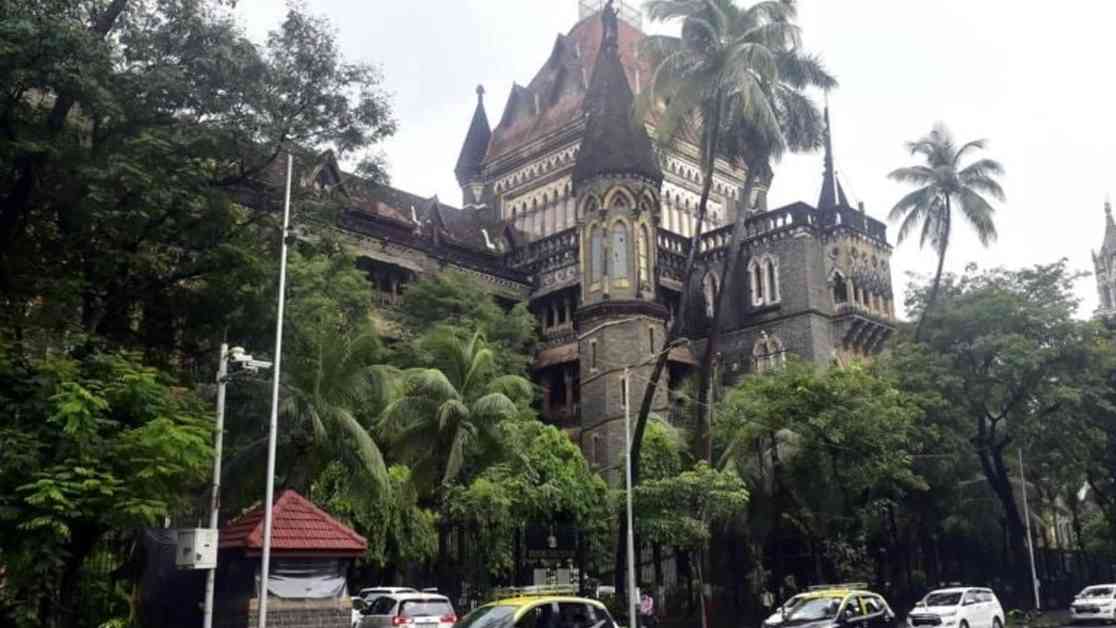The Bombay High Court made headlines recently as it discharged nine police officers from corruption allegations in a case concerning the selection process for jail sepoys. The officers, ranging from clerks to superintendents of various prisons in western Maharashtra, were implicated in a case dating back to 2006. The state Anti-Corruption Bureau (ACB) had filed a First Information Report against Dhanaji Choudhari, the Deputy Inspector General of Prison (Western Region) at the time, along with his personal secretary Nirmala Jadhav and establishment clerk Chand Dadasaheb Mulla.
The allegations against the trio included a criminal conspiracy, forgery, falsification of records, and large-scale corruption during the selection process for 67 jail sepoy posts. The ACB claimed that the officers manipulated scores of selected candidates on Choudhari’s instructions. The selection process involved a physical exam, a written exam, and an interview, and the ACB alleged that certain candidates received additional marks in the physical exam components while answers in the written exam were altered to grant extra marks to specific candidates.
Moreover, the ACB stated that erroneous merit lists were prepared deliberately, deleting names of 19 candidates and replacing them with 19 non-selected candidates. This manipulation was allegedly orchestrated at Choudhari’s behest. The nine officers were later named as accused in the ACB’s chargesheet, leading to a legal battle that culminated in their recent discharge by the Bombay High Court.
The Legal Battle Unfolds
The discharged officers had previously applied for discharge from prosecution, a request that was denied by a Pune court in August 2014. However, the recent ruling by Justice Sandeep Marne in favor of the officers highlighted crucial aspects of the case that led to their exoneration. The high court noted that the ACB had not alleged any intention on the part of the officers to commit illegality by selecting particular candidates of their own choice.
“The choice is of the First Accused (Choudhari),” the court observed after examining the case records. Additionally, the court emphasized that there were no allegations of the nine officers obtaining any pecuniary advantage from the alleged manipulation. The lack of sufficient material to substantiate the allegations against the officers played a pivotal role in the high court’s decision to discharge them from prosecution.
The high court further criticized the special judge who initially tried the case for failing to consider these crucial aspects, deeming the earlier order as perverse. Consequently, the nine officers, who had been entangled in a legal battle for years, were finally vindicated by the Bombay High Court.
Implications of the Ruling
The ruling by the Bombay High Court in favor of the discharged officers raises pertinent questions about the integrity of the selection processes within the law enforcement system. The case shed light on the vulnerabilities that exist in such procedures, where manipulation and corruption can compromise the merit-based selection of candidates for crucial positions within the police force.
The allegations of forgery, falsification of records, and manipulation of scores underscore the need for stringent oversight and accountability mechanisms to prevent such malpractices in the future. The exoneration of the officers in this case serves as a cautionary tale, prompting authorities to reevaluate and strengthen the safeguards in place to ensure transparency and fairness in selection processes.
Moreover, the ruling highlights the importance of due process and the presumption of innocence until proven guilty. The legal battle faced by the nine officers exemplifies the arduous journey individuals undergo to clear their names and restore their tarnished reputations in the face of serious allegations.
Lessons Learned and Moving Forward
The case of the discharged police officers in the jail sepoys selection process serves as a reminder of the challenges and complexities inherent in combating corruption and ensuring accountability within the law enforcement system. It underscores the need for continuous vigilance, oversight, and reforms to prevent such incidents from recurring in the future.
The legal battle and subsequent ruling by the Bombay High Court also underscore the significance of upholding the principles of justice, fairness, and due process in adjudicating cases of alleged corruption and malpractice. The discharge of the officers highlights the importance of thorough investigation, evidence-based decision-making, and adherence to legal standards in delivering justice.
As the discharged officers seek to move forward from this ordeal, the case serves as a cautionary tale for law enforcement officials and public servants about the consequences of engaging in unethical conduct or malpractice. It reinforces the imperative of upholding integrity, transparency, and ethical standards in all aspects of public service to maintain public trust and confidence in governance institutions.
In conclusion, the ruling by the Bombay High Court to discharge the nine police officers in the jail sepoys selection case marks a significant development in the legal battle that spanned several years. The exoneration of the officers underscores the complexities and challenges inherent in combating corruption, ensuring accountability, and upholding justice within the law enforcement system. The case serves as a reminder of the importance of transparency, oversight, and adherence to legal standards in safeguarding the integrity of selection processes and public service institutions.




















